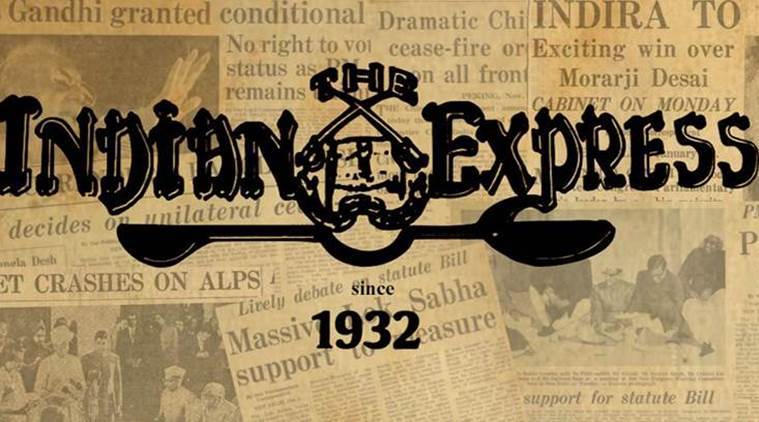Opinion Winner takes all
Election Commissioner Rawat’s brave and wise warning against the deforming of political culture must be heeded.

 Rawat’s comments come barely days after the Rajya Sabha election for one seat in Gujarat became prime-time theatre, riveting the nation’s attention with its mix of high-profile players and low tactics.
Rawat’s comments come barely days after the Rajya Sabha election for one seat in Gujarat became prime-time theatre, riveting the nation’s attention with its mix of high-profile players and low tactics.
At a conference on electoral and political reforms held in the capital last week, when Election Commissioner Om Prakash Rawat spoke of the “creeping new normal of political morality”, he sounded a cautionary note that must be heeded by all those with stakes in a polity more democratic. His intervention also marked a moment of institutional push-back that is as reassuring as it has become rare.
Election Commissioner Rawat stood against the political current as he warned against the dominant narrative that places “maximum premium on winning at all costs — to the exclusion of ethical considerations”, in which “poaching of legislators is extolled as smart political management” and use of money and state machinery to bribe and to intimidate the political opponent is “commended as resourcefulness”, and “the winner can commit no sin”.
Rawat’s comments come barely days after the Rajya Sabha election for one seat in Gujarat became prime-time theatre, riveting the nation’s attention with its mix of high-profile players and low tactics. Six Congress MLAs crossed over to the BJP ahead of the August 8 poll. The Congress subsequently herded 44 MLAs to a resort in Karnataka to ward off a predatory BJP, whose government at the Centre then presided over income tax raids on one of the Congress’s prominent crisis managers involved in minding the Gujarat MLAs in the state.
Fortunately, the high-voltage political drama did not have a murky ending: It climaxed in Nirvachan Sadan, with the EC using its constitutional powers under Article 324 to invalidate the votes by two rebel Congress MLAs, pointing to a breach of due process. Yet, till the EC stepped in, the Gujarat RS poll unfolded as an unscrupulous no-holds-barred fight, in which parties played to win — by any means, no penalties paid. Rawat is right to warn that the normalising, even extolling, of the poaching of MLAs and misuse of state machinery as the unexceptionable art of political management will only deepen the people’s cynicism and distrust of politics.
There is a larger backdrop in which Rawat’s intervention must be read. It is not just the Gujarat RS polls, the winner-takes-all approach to politics is mirrored in the wider polity as well, and it is threatening to undermine the careful mosaic of checks and balances of a constitutional framework. Today, a spectre is threatening to become real: A strong and domineering political executive, emboldened by electoral success, is imposing the logic of the numbers game to conquer all spaces and flatten out dissent.
A majority of the vote in the electoral battlefield is threatening to mutate into a spreading majoritarianism in the life of a diverse nation. At a moment like this one, Rawat’s words are an important and valuable reminder of the need for institutions to speak up and speak back to the powers that be — to act as a corrective, to reassert and reclaim their role in a layered and intricate polity.





